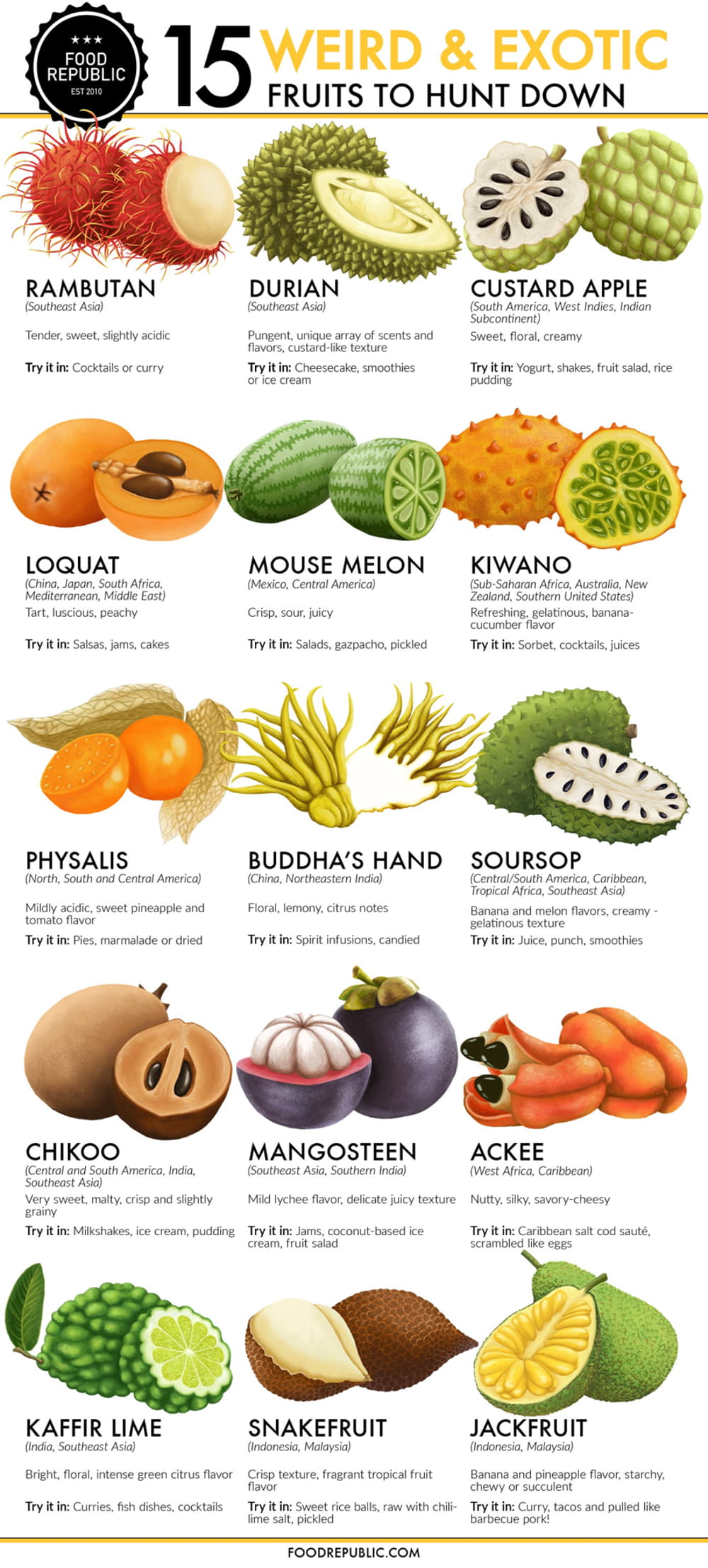According to a study, individuals who regularly consume fruit are more likely to experience an improvement in mental well-being and are more unlikely to experience depression symptoms in comparison to individuals who don’t.1✅ JOURNAL REFERENCE
DOI: 10.1017/S0007114522001660
The study results indicate that the frequency that fruit is consumed is more important to mental health than the total amount consumed throughout the week.
It was also discovered that individuals who regularly consume nutrient-poor savory snacks like crisps are more likely to experience higher anxiety levels.
The study surveyed 428 individuals and examined the connection between their psychological health and their consumption of vegetables, fruit, and savory and sweet food snacks.
After taking into account lifestyle and demographic factors such as exercise, general health, and age, the study revealed that both nutrient-poor savory snacks and nutrient-rich fruit appeared to be associated with psychological health. No direct connection between vegetable consumption and psychological health was found.
According to the survey, the more frequently individuals consumed fruit, the lower their depression scores were and the higher their scores for mental well-being, independent of the overall fruit consumption quantity.
Individuals regularly snacking on savory foods low in nutrients like crisps had more chance of having subjective cognitive failures otherwise known as ‘everyday mental lapses’, and experience poorer mental well-being. More lapses were linked to higher symptoms of depression, stress, and anxiety, and reduced scores for mental well-being.
In comparison, there was no association between vegetable and fruit or sweet snack consumption and these everyday memory lapses, indicating a unique connection between these savory snacks low in nutrients, psychological health, and everyday mental lapses.
Everyday mental lapse examples include failing to remember the purpose of entering certain rooms, failing to remember where items had been placed, and not being able to retrieve the names of people who are well known.
According to the researchers, not a lot is known regarding how diet could impact mental health and well-being, and although causality wasn’t directly examined here, the results could indicate that regularly snacking on savory foods low in nutrients could increase everyday mental lapses, which subsequently affects psychological health adversely.
Other research has found a link between mental health and vegetable and fruit consumption, but not many have examined vegetables and fruits separately, and even less have assessed both quantity and frequency of consumption.
Both vegetables and fruits are rich in essential micronutrients, fiber, and antioxidants which help promote optimal brain function, but cooking can deplete these nutrients. As fruit is more likely to be consumed raw, this could explain its impact on psychological health.

Image Source – foodrepublic



